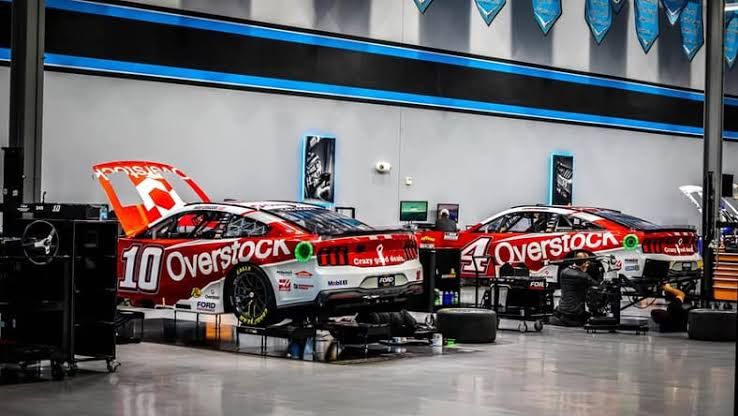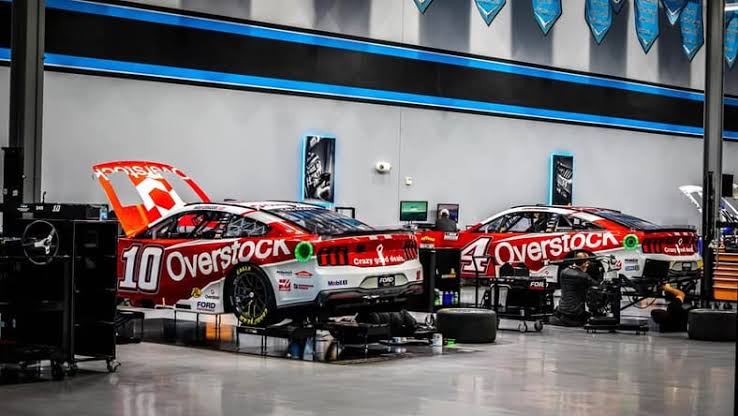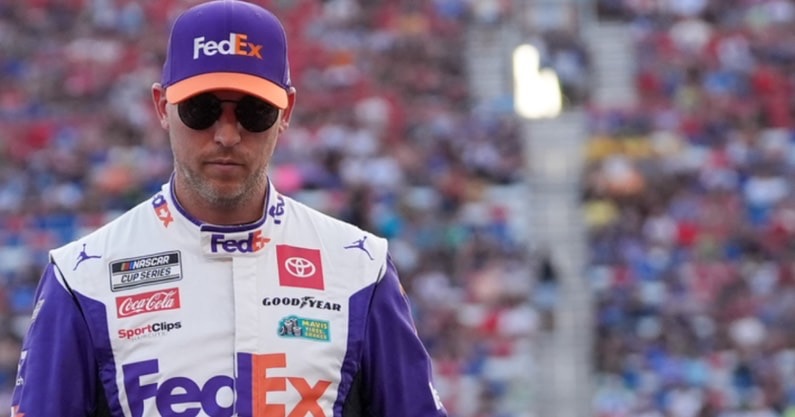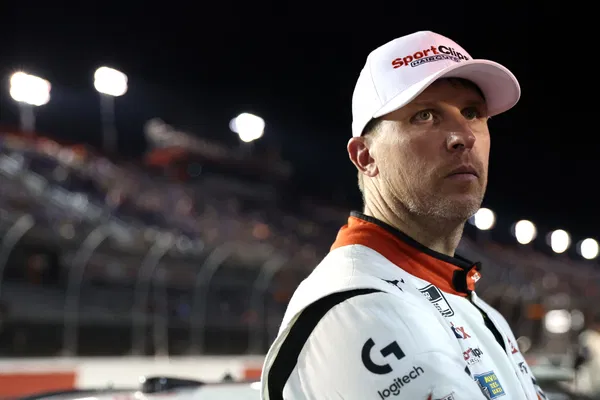
NASCAR’s latest response on Friday to the appeals court filing by 23XI Racing and Front Row Motorsports mostly revisits points already made in its earlier court filings. Essentially, both sides have now fully outlined their positions in writing, and the next step will be oral arguments before the Fourth Circuit Court of Appeals in Richmond, Virginia, scheduled for May 9.
Led by attorney Chris Yates, NASCAR maintains its disagreement with the decision from district court Judge Kenneth D. Bell, who ruled that a clause in the charter agreements (in place since 2016) — which bars teams from suing the sanctioning body — was misapplied. NASCAR argues this ruling lacks legal precedent and, if upheld, could disrupt standard business practices.
Meanwhile, the teams have presented their own supporting legal precedents, believing Judge Bell’s ruling was appropriate. The appeals court will now be tasked with interpreting those cases in the context of the NASCAR Cup Series.
NASCAR further emphasizes that no team had challenged the lawsuit waiver clause until 23XI and Front Row were unsuccessful in securing desired terms in charter extension negotiations.
In its filing, NASCAR claims:
“The plaintiffs’ pursuit of charters through litigation—especially after purchasing additional charters just last year under the same system they now criticize—shows this isn’t a true antitrust case. It’s a strategy by two teams to use the courts to get more favorable financial and contractual terms than they could negotiate on their own. The idea that the Sherman Act requires even a so-called ‘monopsonist’ to accept any terms offered by a contracting party has already been rejected by cases that plaintiffs conveniently ignore.”
NASCAR also argues that antitrust violations don’t apply because the charter system has actually benefited team growth and compensation, particularly following its 2016 introduction and the latest 2025 updates — all achieved through collective team negotiations.
The filing continues:
“Plaintiffs are turning a blind eye. They ignore the legal precedents NASCAR cited, which make it clear that simply preferring different contract terms isn’t enough to prove an antitrust violation. They fail to refute our argument that including a release clause does not inherently show anti-competitive behavior. Labeling it as such without further reasoning doesn’t make it true. Also, the enforceability of a contract release and whether it violates antitrust laws are two separate legal questions.”
Another major part of NASCAR’s appeal is its objection to how the lower court defined the relevant market. NASCAR claims the court’s definition was based on flawed economic theory and wrongly concluded that NASCAR is the sole buyer of a race team’s business — a central argument in the teams’ monopoly claim.
NASCAR counters this by saying that team owners like Michael Jordan (23XI) and Bob Jenkins (Front Row) could have chosen to operate racing businesses in other series, and their decision to compete in NASCAR doesn’t mean they’re being monopolized.
In addressing the plaintiffs’ rebuttals, NASCAR wrote:
“Plaintiffs try to draw arbitrary lines, suggesting they’re ‘stock car racing teams’ and not just individual business owners like Michael Jordan. But this is just playing with words. These teams are business ventures created by entrepreneurs, and that distinction doesn’t change the legal reality.
As the legal battle between NASCAR and teams 23XI Racing and Front Row Motorsports heads toward oral arguments in May, the stakes continue to rise—not just for the parties involved, but for the future of the charter system and how power is balanced within the sport. While NASCAR defends its longstanding business practices and contract structures, the teams are pushing for what they view as fairer, more open terms.
Ultimately, the appeals court’s ruling could set a significant precedent, potentially reshaping the relationship between the sanctioning body and its teams. Until then, all eyes will be on Richmond as the next chapter in this pivotal case unfolds.




